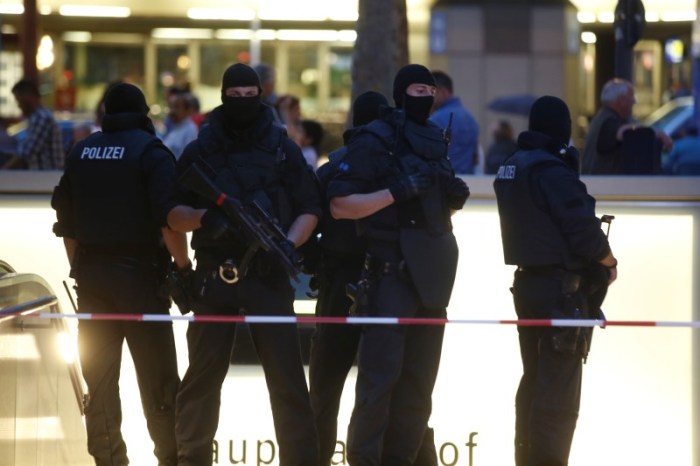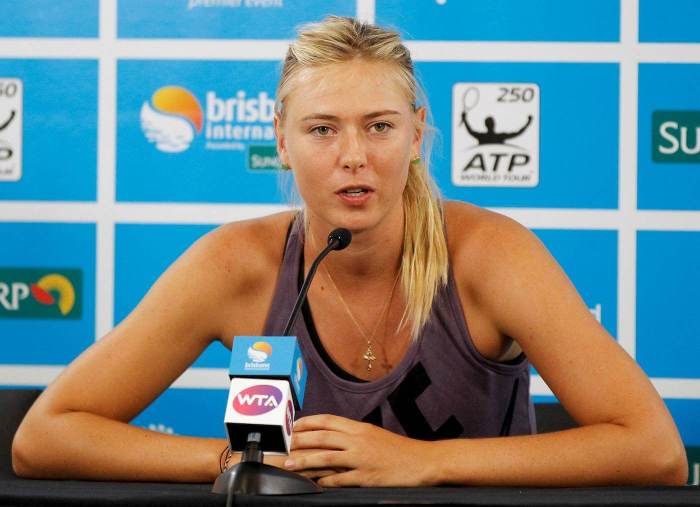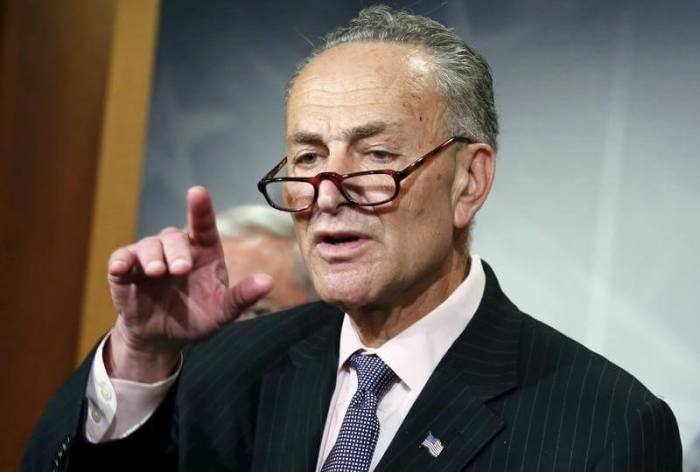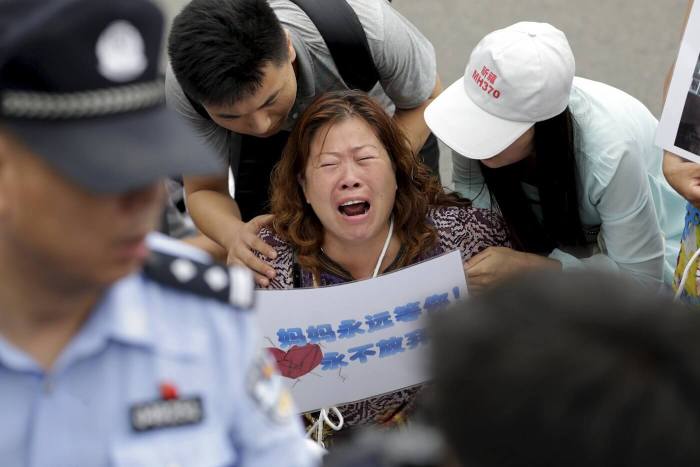By Andrew Osborn
MOSCOW (Reuters) – The Russian elite’s children have long used Moscow’s roads as a personal race track with relative impunity, but the way a case involving a top oil executive’s son is being handled suggests the Kremlin has ordered a rare crackdown to boost its own image. Four months out from parliamentary elections and in the grip of a financial crisis fueled by cheap oil and a rift with the West, the campaign against the country’s “gilded youth” is finding favor with voters whose straitened circumstances have made them more sensitive to a yawning wealth gap. “Let’s put an end forever to the outrageous behavior of our golden youth who spit on people,” Moscow Police Chief Anatoly Yakunin said in a televised meeting. “They think they can buy everything and everyone with money but they are wrong.” His rhetoric was directed at Ruslan Shamsuarov, the son of a senior Lukoil executive involved in a Hollywood-style police chase through Moscow’s streets last month. Such cases have in the past ended with fines, been swiftly closed, or hushed up. But this time, the police, investigators and Kremlin-backed media have lined up to portray Shamsuarov as public enemy number one, focusing public anger on a caste — known pejoratively as “Majory” in Russian — whose dangerous driving in expensive high-powered cars has killed numerous pedestrians and caused horrific pile-ups since the 1991 Soviet collapse. “It’s the first case of its kind during Putin’s tenure that I can recall which the authorities are not trying to sweep under the carpet,” Olga Kryshtanovskaya, a sociologist and former member of Vladimir Putin’s United Russia party, told Reuters. “On the contrary they are trying to use it for some kind of propaganda. Elections are coming up and it’s a way for the authorities to notch up some points. It is advantageous for them because it is something that people immediately support.” The Kremlin rarely confirms it is behind such campaigns, but its control of the media and the police makes it easy to set such initiatives in train.
When asked about the case by Reuters, Putin’s spokesman Dmitry Peskov said the president was aware of the details from the media. The Kremlin’s view was that any violations of the law were unacceptable, he said. He did not respond when asked if the campaign against Shamsuarov, whose father is a vice-president at Lukoil, Russia’s biggest non-state oil major, had been sanctioned from the top.
At a time when falling real incomes and rising prices are making life hard for many Russians, the case is serving as a handy pressure valve for the Kremlin, allowing society to let off steam in a way that does not threaten Putin or his allies. Social media has been flooded with furious comments, pro-Kremlin newspapers have run scathing opinion pieces, the episode has featured on the country’s main talk show, and the case has become grist for office water cooler conversations. It coincides with what critics say is the long overdue adoption of a dangerous driving law aimed at helping cut the annual road death toll of around 35,000 people.
‘OIL BOY’
The 20-year-old executive’s son — dubbed “oil boy” by the Russian media — evaded police for five hours in the early hours of May 22 along with several friends in his 11-million-ruble ($170,258.08) Mercedes jeep, part of what the group said was high spirited post-nightclub entertainment. Footage of the chase, filmed in real time by Shamsuarov and his friends on their mobile phones, shows them breaking multiple traffic rules at speeds of up to 230 kilometers (142.92 miles) per hour as patrol cars try and fail to get them to pull over. The footage went viral on the Russian-language internet, making it harder for the authorities to ignore.
Careering through the largely deserted streets of early morning Moscow, the jeep — with no license plates and tinted windows — can be seen mounting and crossing central reservations, driving on the wrong side of the road and along park sidewalks, and running red lights. Its occupants laugh and insult the police and at the chase’s end, Shamsuarov predicts he will escape serious punishment.
Initially he was right: police first gave him a fine of just 5,000 rubles ($77.32), a paltry sum for him and his friends. One of his female passengers had previously posted photos online of herself burning 500 euro banknotes as entertainment. What looks like a Kremlin-backed campaign swiftly followed. State media began to give greater prominence to similar cases and Yakunin intervened, saying harsher punishment was needed.
“We will create a legal precedent,” he said, describing how the city police had stamped out the practice of people firing guns into the air at Moscow weddings by making a high profile example of five or six individuals to deter others. “The reaction here will be the same,” he said.
Shamsuarov, who had initially walked free, was then compelled to come in for questioning with two squads of riot police sent to the medical center where he was holed up.
He was jailed for 15 days, his apology broadcast, and a public debate about possible further punishment launched.
A spokesman for Russia’s equivalent to the FBI, Vladimir Markin, canvassed public opinion on an appropriate punishment, and Dmitry Kiselyov, presenter of the main weekly TV news show “Vesti Nedeli,” denounced the episode. The country’s main prime time talk show “Let Them Talk” dedicated an episode to the scandal and guests demanded Shamsuarov and his friends be made to sweep Moscow’s streets as penance. Investigators have now opened criminal cases against Shamsuarov and his friends that carry potential jail time of up to five years, and Yuri Chaika, the prosecutor general, has told parliamentarians the law on “hooliganism” needs to be tightened to better punish members of the gilded youth. There is little public sympathy.
“The golden youth are not popular,” says Pyotr Shkumatov, leader of the Blue Buckets movement, a group set up to fight officials’ road traffic violations.
“Such behavior, from people who haven’t earned a rouble and who still have milk drying on their upper lips, provokes hatred. The police need to see this through to the end.”
(Editing by Anna Willard)
Kremlin targets Russian elite’s street racer kids in pre-vote crackdown
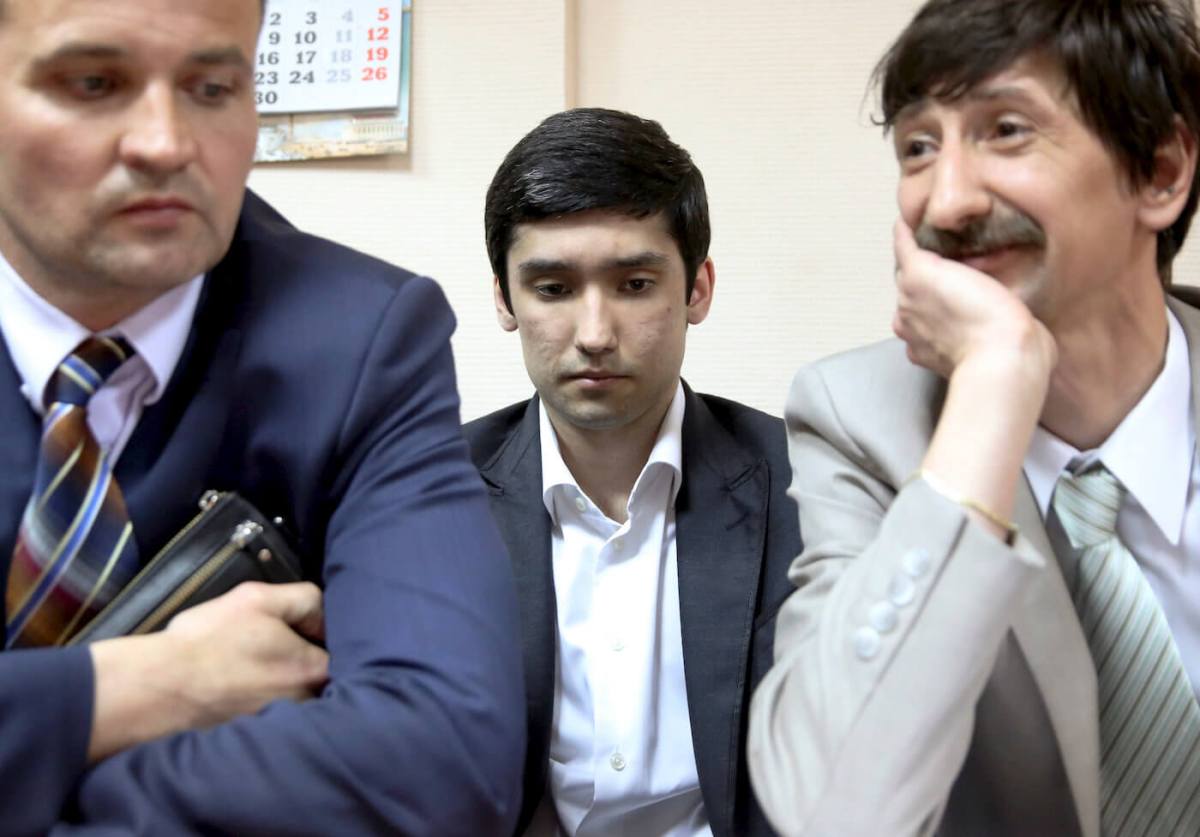
By Andrew Osborn











